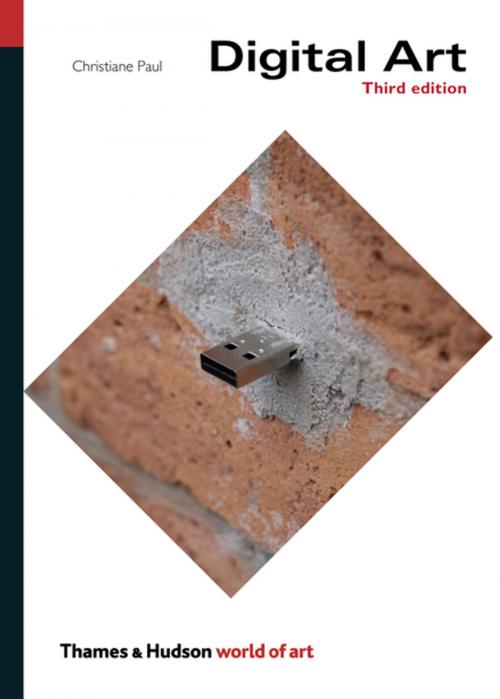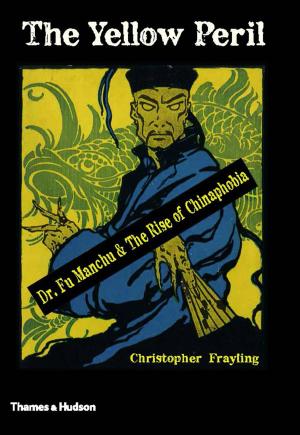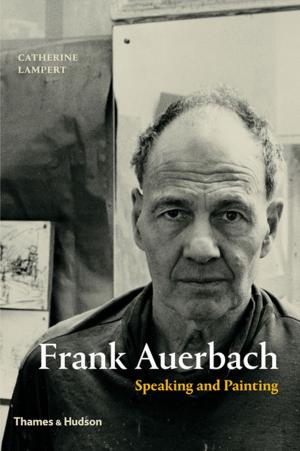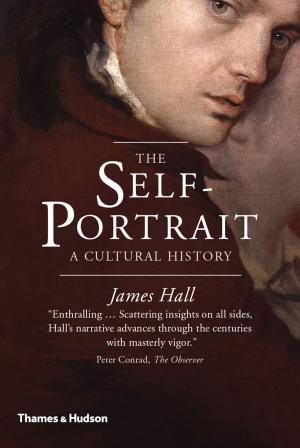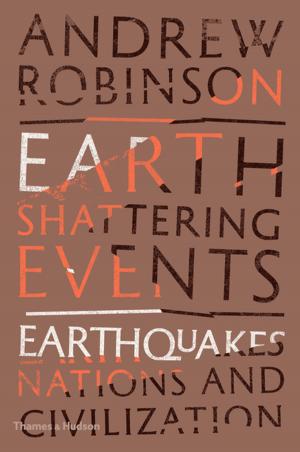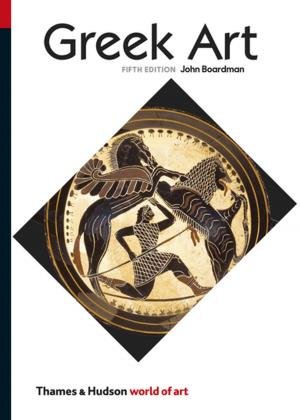| Author: | Christiane Paul | ISBN: | 9780500772751 |
| Publisher: | Thames & Hudson | Publication: | May 12, 2015 |
| Imprint: | Thames & Hudson | Language: | English |
| Author: | Christiane Paul |
| ISBN: | 9780500772751 |
| Publisher: | Thames & Hudson |
| Publication: | May 12, 2015 |
| Imprint: | Thames & Hudson |
| Language: | English |
“Paul does an impressive job of compressing the activity of a huge field, in which there are no obvious heroes and no single aesthetic line.” —Publishers Weekly
Digital technology has revolutionized the way we produce and experience art today. Not only have traditional forms of art such as printing, painting, photography, and sculpture been transformed by digital techniques and media, but the emergence of entirely new forms such as internet and software art, digital installation, and virtual reality has forever changed the way we define art.
Christiane Paul surveys the developments in digital art from its appearance in the 1980s to the present day and looks ahead to what the future may hold. She discusses the key artists and works in the genre, drawing a distinction between work that uses digital practices as tools to produce traditional forms and work that uses them to create new kinds of art. She explores the broader themes and questions raised by these artworks such as viewer interaction, artificial life and intelligence, political and social activism, networks and telepresence, and issues surrounding the collection, presentation, and preservation of digital art.
This third, expanded edition of the popular resource investigates key areas of digital art practice that have gained prominence in recent years, including interactive public installation, augmented and mixed reality, social networking, and file-sharing technologies.
“Paul does an impressive job of compressing the activity of a huge field, in which there are no obvious heroes and no single aesthetic line.” —Publishers Weekly
Digital technology has revolutionized the way we produce and experience art today. Not only have traditional forms of art such as printing, painting, photography, and sculpture been transformed by digital techniques and media, but the emergence of entirely new forms such as internet and software art, digital installation, and virtual reality has forever changed the way we define art.
Christiane Paul surveys the developments in digital art from its appearance in the 1980s to the present day and looks ahead to what the future may hold. She discusses the key artists and works in the genre, drawing a distinction between work that uses digital practices as tools to produce traditional forms and work that uses them to create new kinds of art. She explores the broader themes and questions raised by these artworks such as viewer interaction, artificial life and intelligence, political and social activism, networks and telepresence, and issues surrounding the collection, presentation, and preservation of digital art.
This third, expanded edition of the popular resource investigates key areas of digital art practice that have gained prominence in recent years, including interactive public installation, augmented and mixed reality, social networking, and file-sharing technologies.
